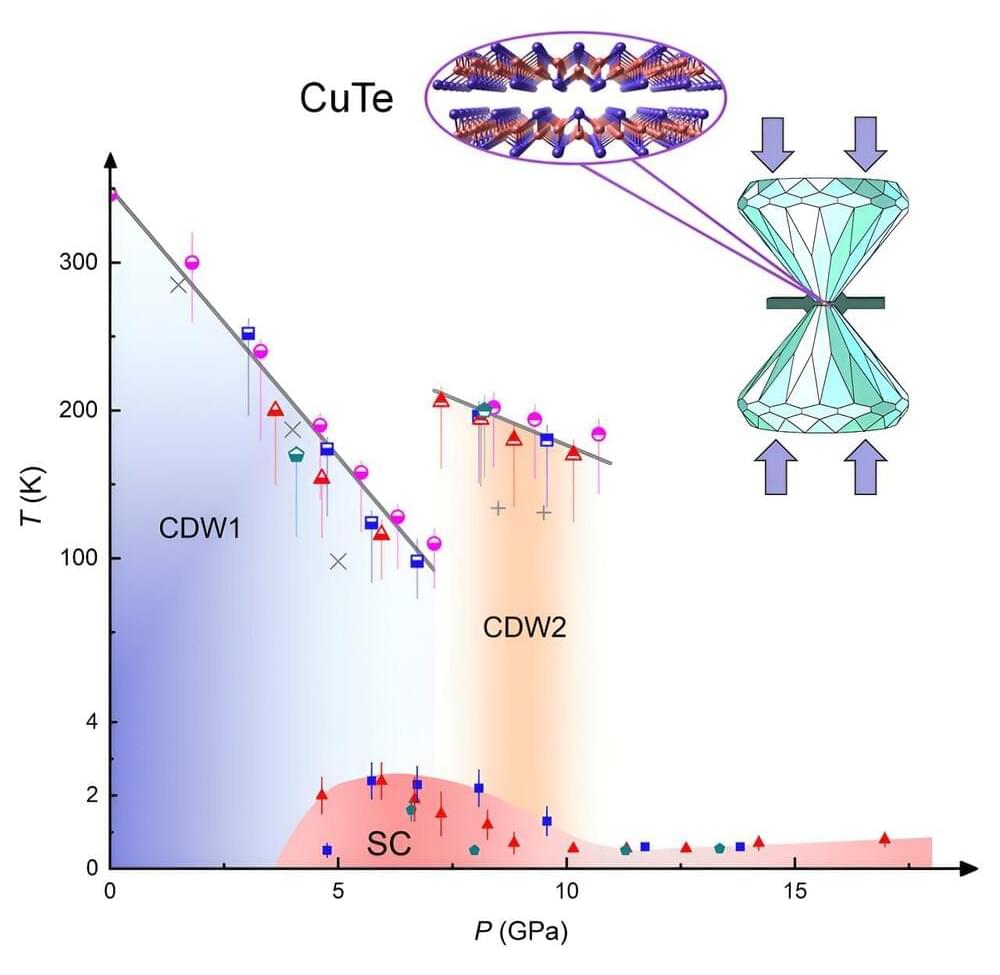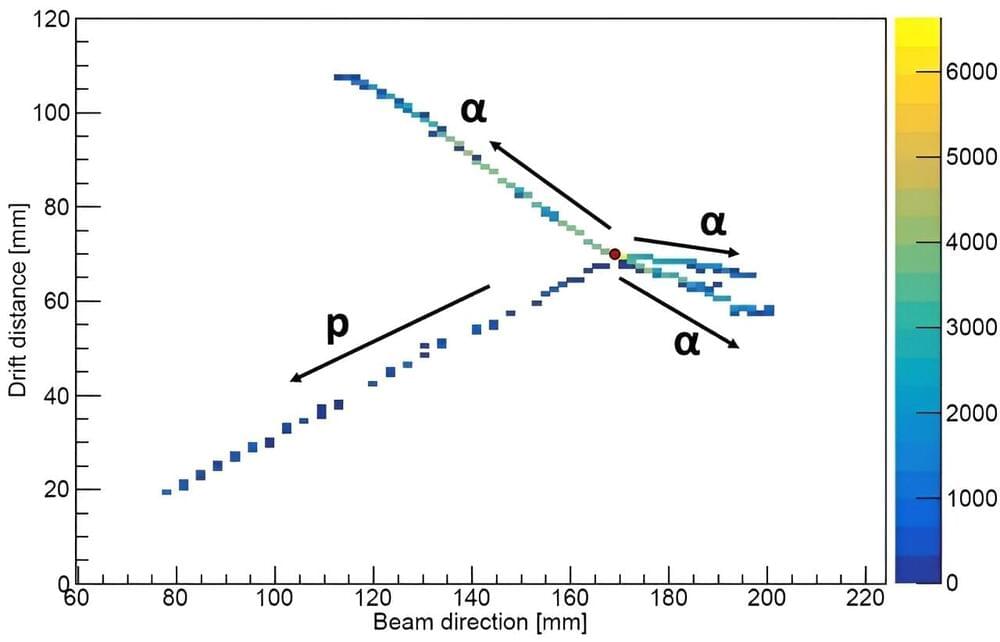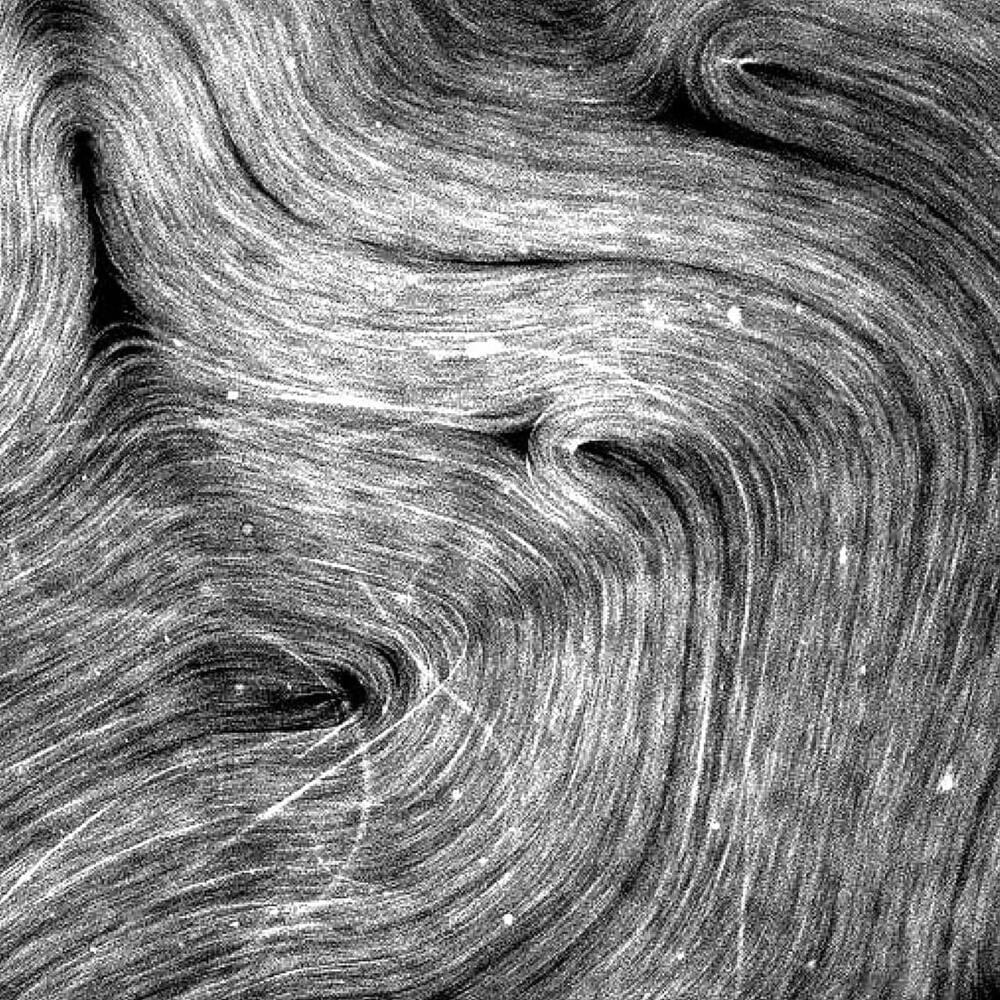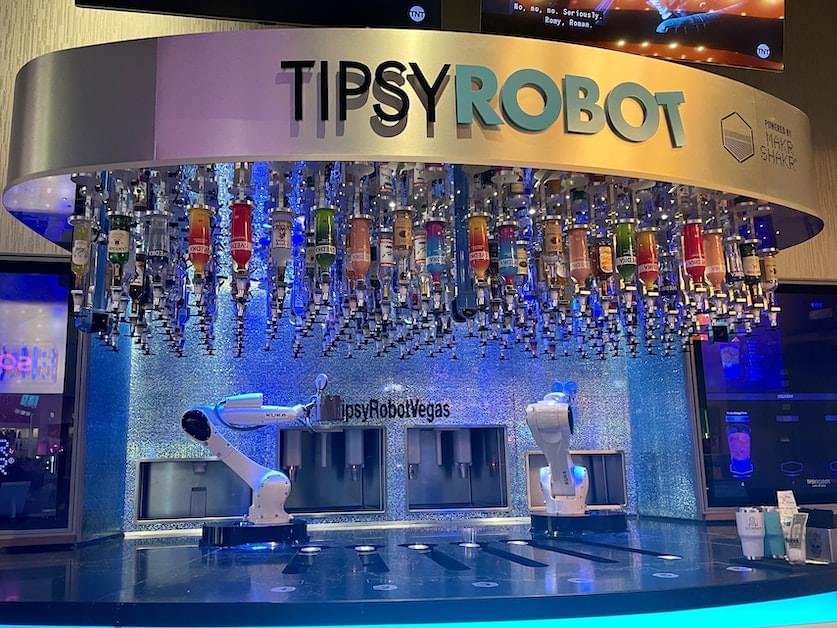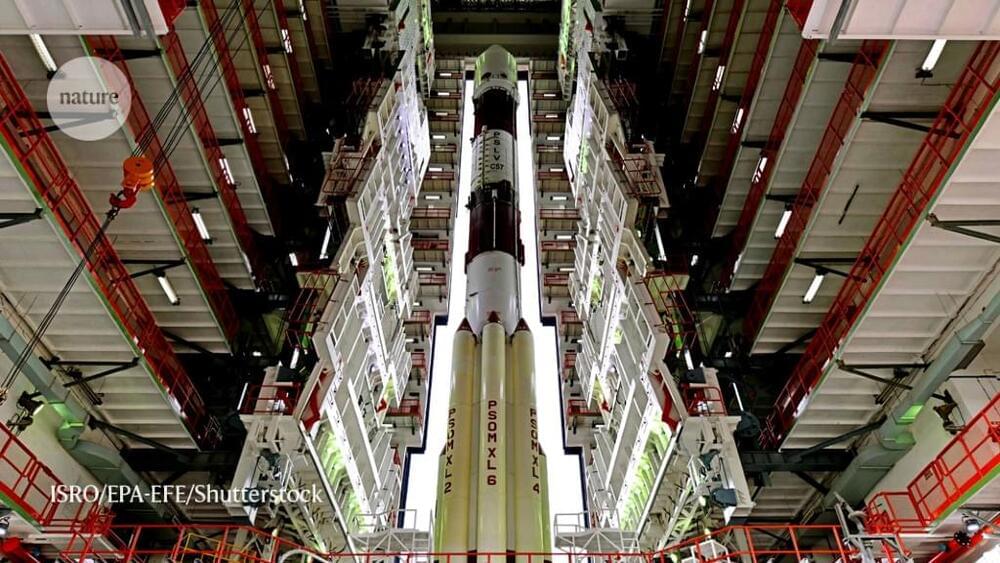In a study published in Matter, researchers led by Prof. Yang Zhaorong and Prof. Hao Ning from the Hefei Institutes of Physical Science of the Chinese Academy of Sciences found that the quasi-one-dimensional charge density wave (CDW) material cupric telluride (CuTe) provides a rare and promising platform for the study of multiple CDW orders and superconductivity under high pressure.
The interplay between superconductivity and CDW has always been one of the central issues in the research of condensed matter physics. While theory generally predicts that they compete with each other, superconductivity and CDW can manifest complex relationships under external stimuli in practical materials. Additionally, recent research in the superconducting cuprates and the Kagome CsV3Sb5 has found that superconductivity interacts with multiple CDW orders. However, in the above two systems, there are some other quantum orders in the phase diagrams, which hinders a good understanding of the interplay between superconductivity and multiple CDWs.
In this study, the researchers provided solid evidence for a second CDW order in the quasi-one-dimensional CDW material CuTe under high pressure. In addition, they found that superconductivity can be induced and that it has complex relationships with the native and emergent CDW orders.
